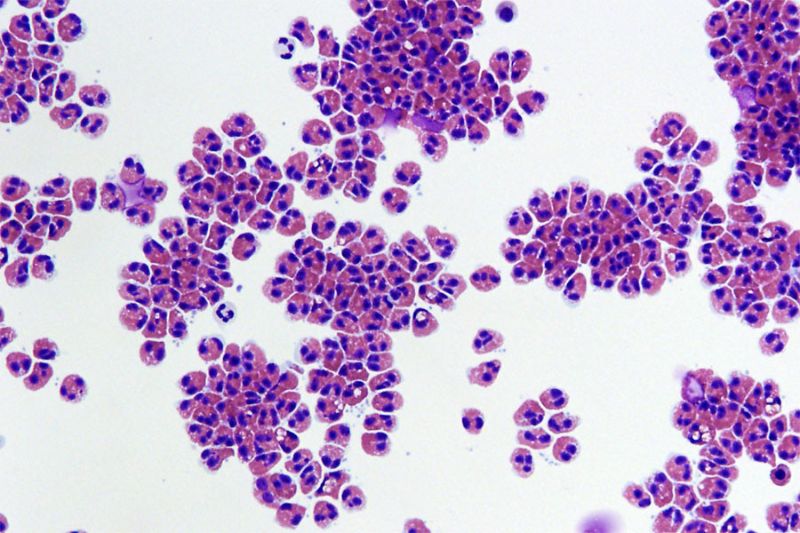
Drug discovery and development firm Knopp Biosciences has said that it will start trial enrolment of dexpramipexole in severe eosinophilic asthma in the first half of 2020.
Under the Phase II, randomised, double-blind, placebo-controlled trial, oral eosinophil-lowering drug candidate dexpramipexole will be tested as a pre-biologic alternative treatment for reducing asthma exacerbations.

Discover B2B Marketing That Performs
Combine business intelligence and editorial excellence to reach engaged professionals across 36 leading media platforms.
The 52-week trial will enrol up to 100 participants at 15 severe asthma centres across the UK.
The University of Leicester’s clinical trials unit will lead the study. The primary outcome measure is the annual rate of asthma exacerbations.
Changes from baseline in Asthma Control Score (ACQ-6), lung function (FEV1), fractional exhaled nitric oxide (FeNO) levels, and several quality-of-life-related measures are the trial’s secondary outcomes.
Knopp said patients who have a history of exacerbation-prone asthma and elevated blood eosinophils (≥0.30 x109/L cells) can take part in the trial. It will also enrol patients who have failed monoclonal antibody therapy following a period of biologic washout.

US Tariffs are shifting - will you react or anticipate?
Don’t let policy changes catch you off guard. Stay proactive with real-time data and expert analysis.
By GlobalDataThe National Institute for Health Research and the UK’s Medical Research Council are chiefly funding the clinical programme, with Knopp Biosciences offering additional support.
Knopp Biosciences president and CEO Michael Bozik said: “We are pleased to collaborate with world-renowned asthma investigators in the UK to assess the effects of oral dexpramipexole on asthma exacerbations.
“An unmet need remains for an orally administered medicine for eosinophilic asthma, and we welcome the opportunity to assess dexpramipexole as an alternative to injectable biologic treatments.”
Dexpramipexole has demonstrated an ability to selectively lower eosinophil levels in various clinical studies, including in a Phase II trial in hypereosinophilic syndrome (HES) and a Phase II study in chronic rhinosinusitis with nasal polyps.
Knopp is also assessing oral dexpramipexole in the US in moderate-to-severe eosinophilic asthma in a Phase II dose-ranging biomarker trial.
The company’s pipeline features investigational drug products that have not been approved by the US Food and Drug Administration. US-based Knopp said the products are still undergoing clinical study to confirm their safety and effectiveness.





